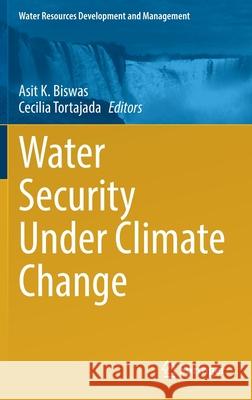Water Security Under Climate Change » książka
topmenu
Water Security Under Climate Change
ISBN-13: 9789811654923 / Angielski / Twarda / 2021 / 180 str.
Water Security Under Climate Change
ISBN-13: 9789811654923 / Angielski / Twarda / 2021 / 180 str.
cena 442,79
(netto: 421,70 VAT: 5%)
Najniższa cena z 30 dni: 424,07
(netto: 421,70 VAT: 5%)
Najniższa cena z 30 dni: 424,07
Termin realizacji zamówienia:
ok. 16-18 dni roboczych.
ok. 16-18 dni roboczych.
Darmowa dostawa!
Kategorie:
Kategorie BISAC:
Wydawca:
Springer
Seria wydawnicza:
Język:
Angielski
ISBN-13:
9789811654923
Rok wydania:
2021
Wydanie:
2022
Numer serii:
000314332
Ilość stron:
180
Waga:
0.73 kg
Wymiary:
23.39 x 15.6 x 2.39
Oprawa:
Twarda
Wolumenów:
01
Dodatkowe informacje:
Wydanie ilustrowane











